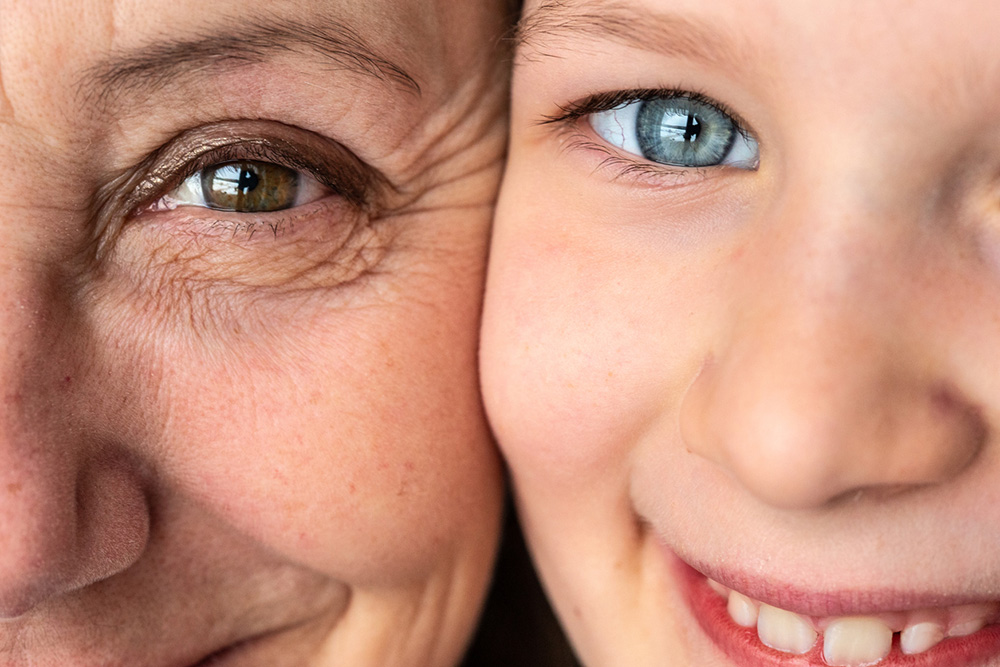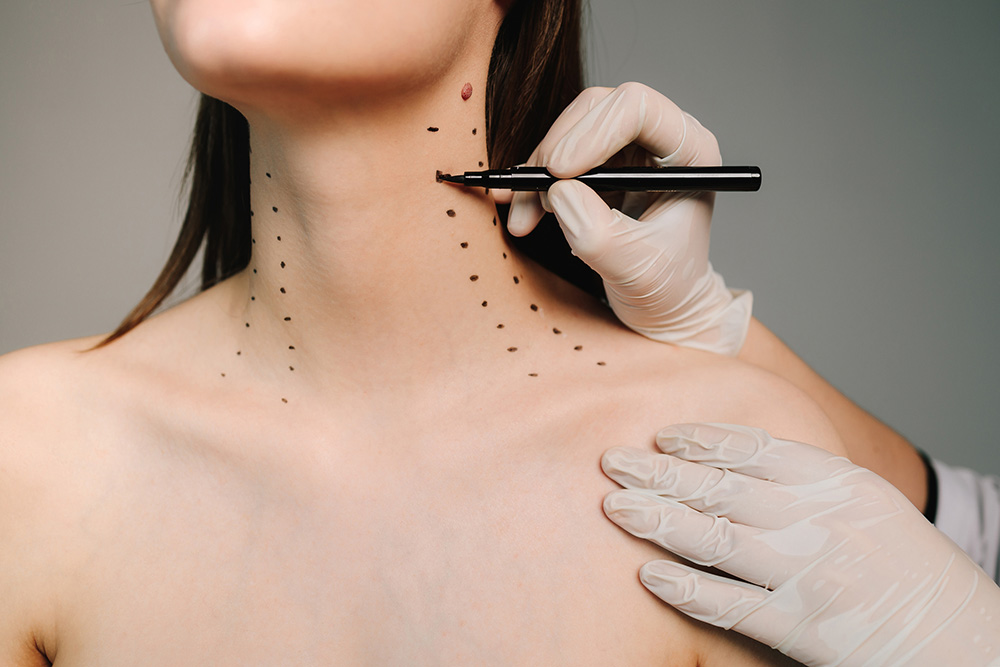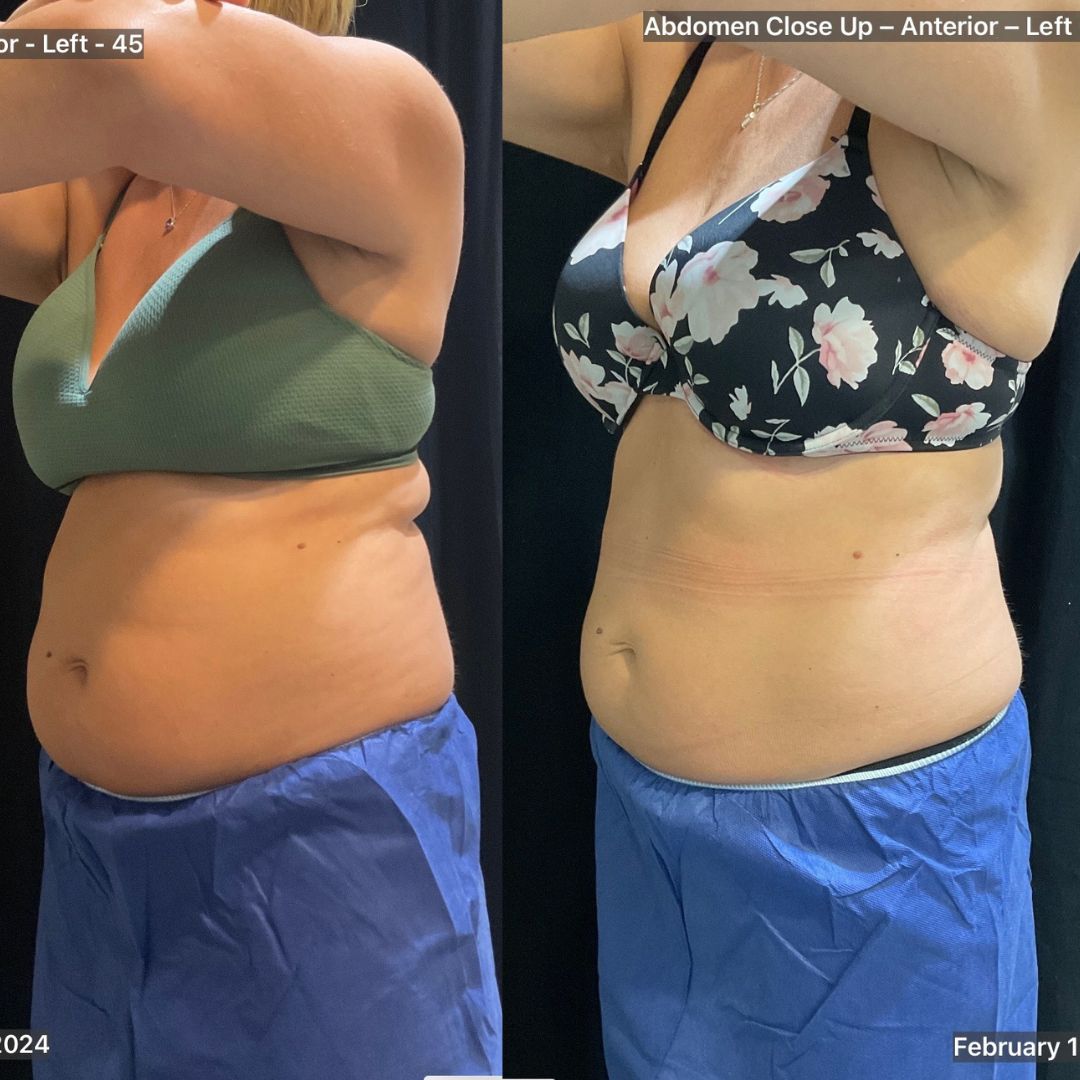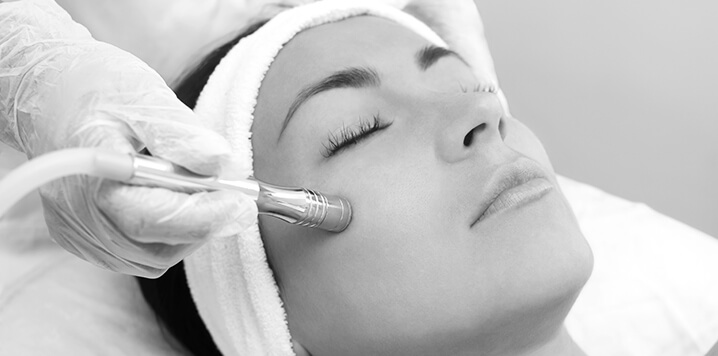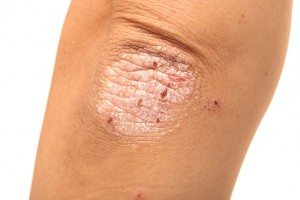
Psoriasis
Psoriasis is an autoimmune disease that causes raised, red, scaly patches on the skin. It typically affects the outside of the elbows, knees, scalp, palms of your hands, or soles of the feet, though it can appear on any location, and generally itches, burns and stings. Typically, the skin is thicker and more inflamed than with eczema.
There are five types of psoriasis (plaque psoriasis, guttate psoriasis, pustular psoriasis, inverse psoriasis, and erythrodermic psoriasis), none of which is contagious. Each type causes a different itchy skin condition and appears on different areas of the body. The skin can have inflamed lesions; silvery scaly plaques; small, individual spots; dry skin that cracks or bleeds; itchy, burning, or soreness of skin; pitted nails or separation from the nail bed.
Psoriasis often develops between the ages of 15 and 35, but it can develop at any age. Psoriasis can be triggered by stress and infection. But flare-ups also tend to occur when your skin is injured, for example by vaccination, sunburn, or scratches
Psoriasis can be mild, moderate or severe. Your treatment options may depend on how severe your psoriasis is. Severity is based on how much of your body is affected by psoriasis. Mild psoriasis covers less than 3 percent of the body. Moderate psoriasis covers between 3 and 10 percent of the body. If psoriasis covers more than 10 percent of your body, it is severe.
Eczema
Eczema is a term for a group of medical conditions that cause the skin to become inflamed or irritated usually causing an intense itch. Sometimes, the itchy skin condition can get so bad that you scratch enough to make your skin bleed. Eczema patches can be scaly, oozing, or crusty. You may see rough, leathery patches that are sometimes dark. It can also cause swelling.
Eczema often appears on parts of your body that bend, like your inner elbow or behind your knees. You can have it on your neck, wrists, and ankles. Babies sometimes get it on their chin, cheeks, scalp, chest, back, arms, and legs.
Most people get eczema when they’re babies or young children. Often, symptoms improve with age. It’s less common, but possible, to get it as an adult. When that happens it’s usually caused by another condition like thyroid disease, hormone changes, or stress.
Eczema is often triggered by irritants to your skin like soaps, detergent, disinfectants, juices from produce or meats or allergens like dust, pollen, mold, dandruff and pets. Some infections can cause eczema to flare up, as well as stress, sweating, heat and humidity, and changes in your hormones.
If you suffer from itchy, irritated skin, contact DermaBlue today to determine whether it could be psoriasis, eczema or another skin condition. We will work with you to determine the best course of psoriasis and eczema treatment to provide relief


